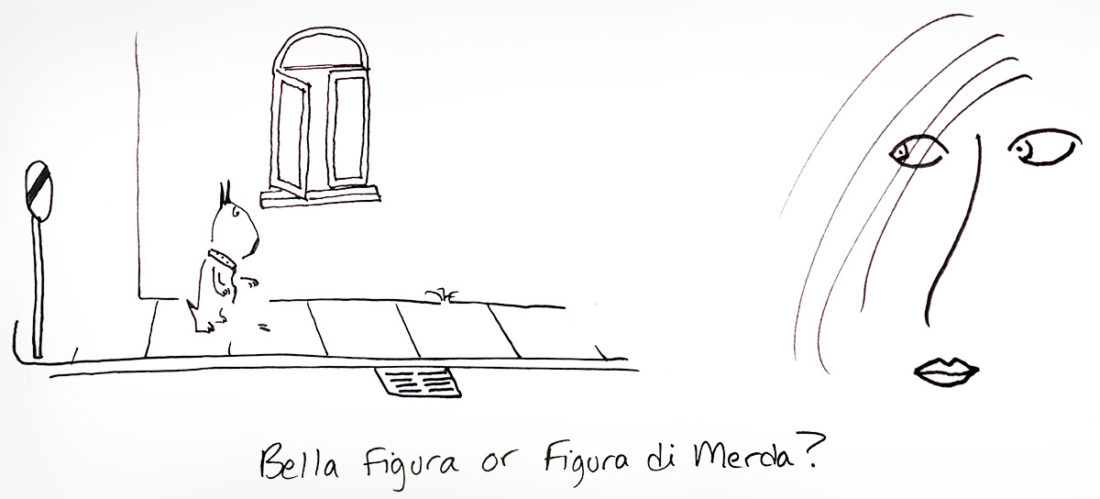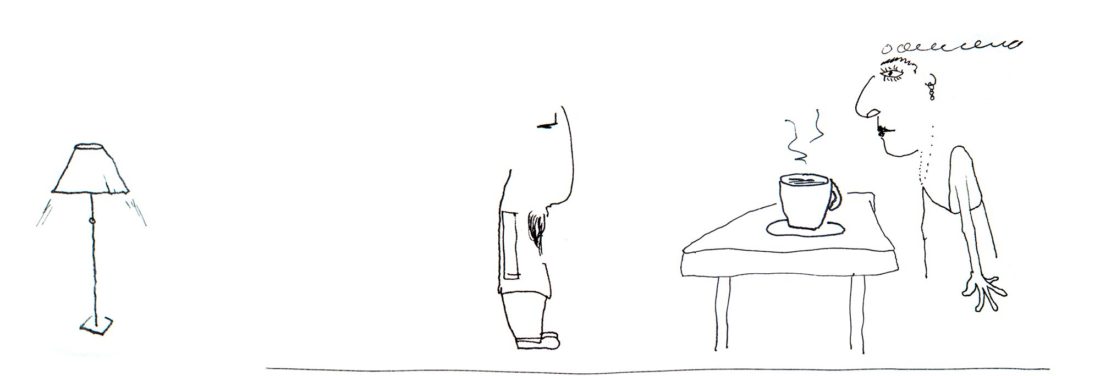An Italian’s DNA surprise
Itch is delighted to feature more from our Italian abroad, Gianna della Valle, with ideas about how to live more like an Italian no matter where you are. She has made a study of how to bring elements of the Italian way of life into her adopted, more frenetic homeland.
As an Italian living in London people ask “Where are you from?”
Easy for me to answer as my family, for many generations, came from the same hamlet in northern Italy. My father and my mother were neighbours and my grandparents and their grandparents and their grandparents knew each other for as far back as anyone could remember. That’s Italy for you. We have roots. Family trees. It means families are like trees, solidly rooted in places. People and generations may be the leaves and branches but the family is the tree. A tree stubbornly planted in front of that hill. Nothing to do with aristocracy or anything fancy. Simply, we are from there. And in the house we can find things left by a great grandparent (or a great great great) that have survived layers of renovations and are a reminder that we always leave something behind. Better it be useful.
Then I came along and at some point in my twenties decided to pack and followed the North Star, which after some years in Germany led me to London. I still feel the guilt. And after decades I am still given “the traitor treatment” when I go back. “Italy is so perfect and beautiful,” the logic goes, “why did you leave? There were no wars or major disasters. There was absolutely no reason. Why?” I must say, in my defence, I did ask my grandfather for his blessing before starting this adventure, as I always sought his wisdom. And his simple question was “What is it that you like so much over there?” I thought for a few seconds and my answer was “because I look at the sky and the clouds are always running.” “Well then, go.” And that was that. The clouds are always running in England – unlike the Italian sky where not much moves in days. And the constant breeze, the smell of water and wet grass. From the first time I was in London it felt like home. And so it has felt ever since.
A couple of years ago I was having drinks with some colleagues and the topic was DNA testing. A few of them had tried it and it unlocked new learnings. I laughed. I certainly would not need the results to tell me where I was from! I definitively knew! Anyhow, there is nothing like a pub challenge, and there I was with my saliva in a tube, sending it somewhere unknown.
I was due for a shock when the results came back. There was not a drop of Southern European blood in my body. I was from the North, up to 30,000 years ago my ancestors were from somewhere North – between Denmark and England. I thought this must have been a mistake. So I sent a sample from my mother in a way that would not in anyway highlight we were related. And my father. No, niet, nada. Not a single whiff of truly Italian stock in our tree that seemed so stubbornly planted in front of that hill! But I was truly the daughter of my mother and my father (so no surprises there, in case you wondered). I reach out desperately to other people with more obviously diverse backgrounds – and yes, their results were correct. So it was true. I was ultimately from a place where the clouds are running.
When we look with a horizon of 30,000 years the history of humanity is one of change and movement and that’s the fascination of DNA tests. There is so much tension today about where we are from. Shouldn’t we all just look up at the clouds in the sky?









